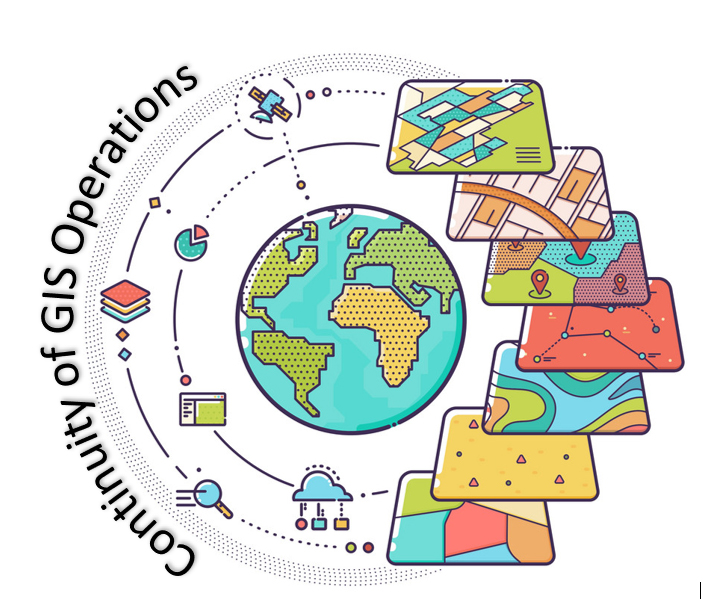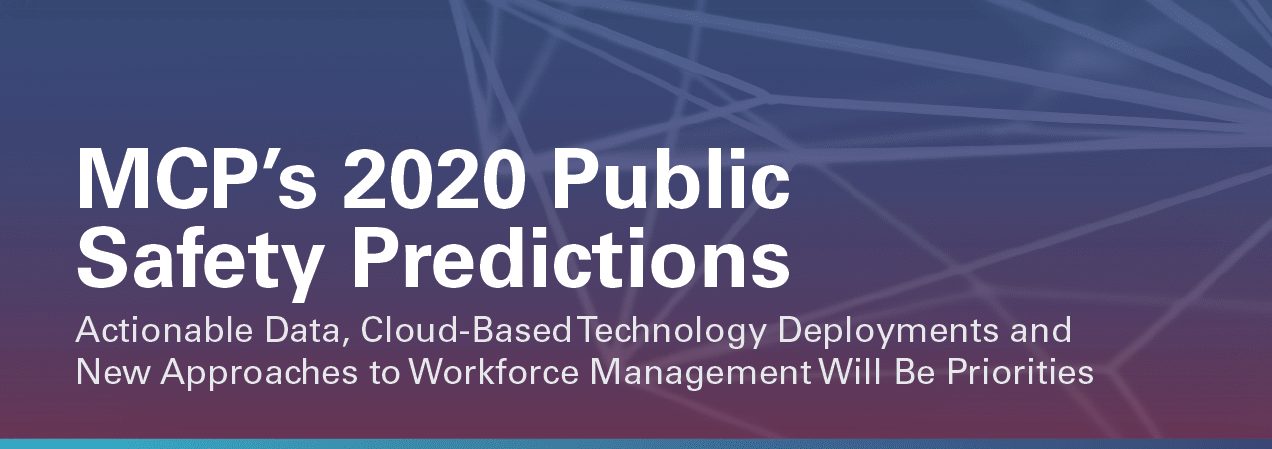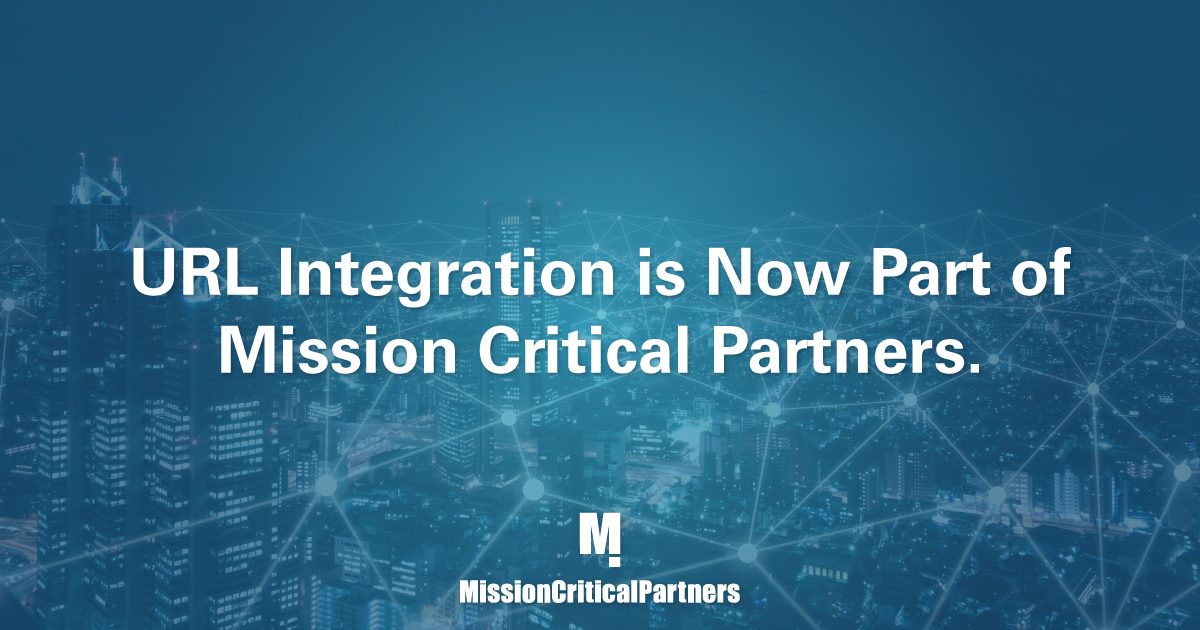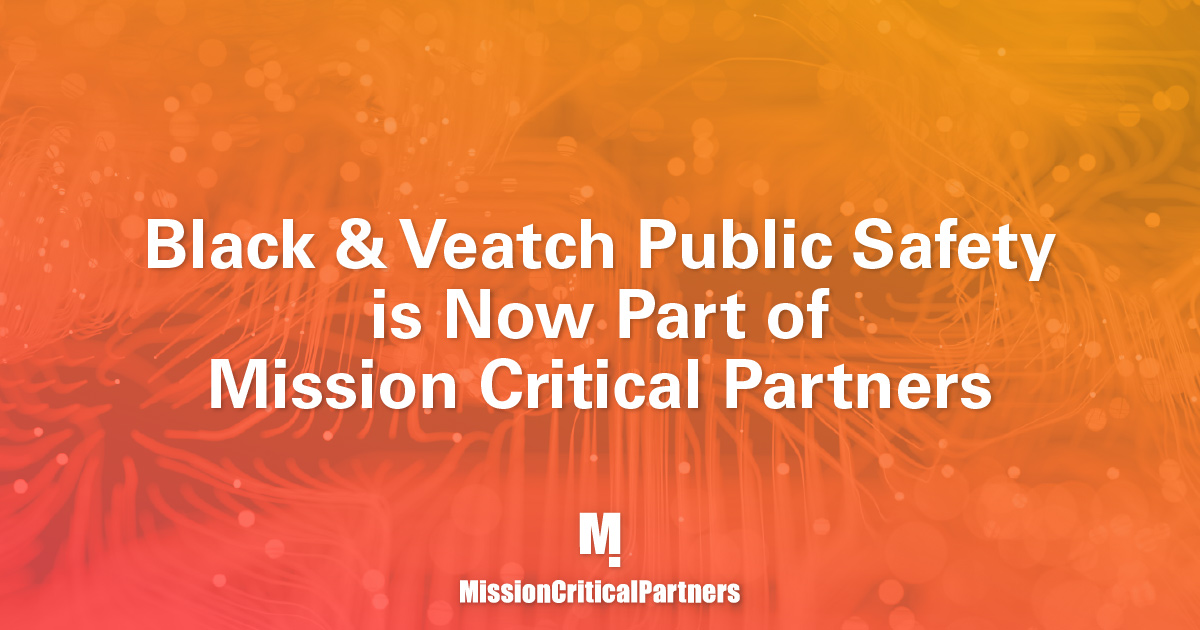How to Keep GIS Institutional Knowledge From Walking Out the Door
Every once in a while, the geographic information system (GIS) professional working for one of our clients retires, which is great for the pro—and equally bad for the client.
GIS has been important in the public safety community for a couple of decades now. The data generated by such systems is leveraged by computer-aided dispatch (CAD) system mapping applications to pinpoint the location of 911 callers on telecommunicator screen displays. In the Next Generation 911 (NG911) environment, to which many emergency communications centers (ECCs) are migrating, GIS-generated geospatial data will replace the legacy automatic location identification (ALI) and master street address guide (MSAG) databases to locate emergency callers. The result will be fewer misdirected 911 calls and timelier dispatching of the appropriate emergency response. When lives are on the line and every second counts, this is a good thing.














